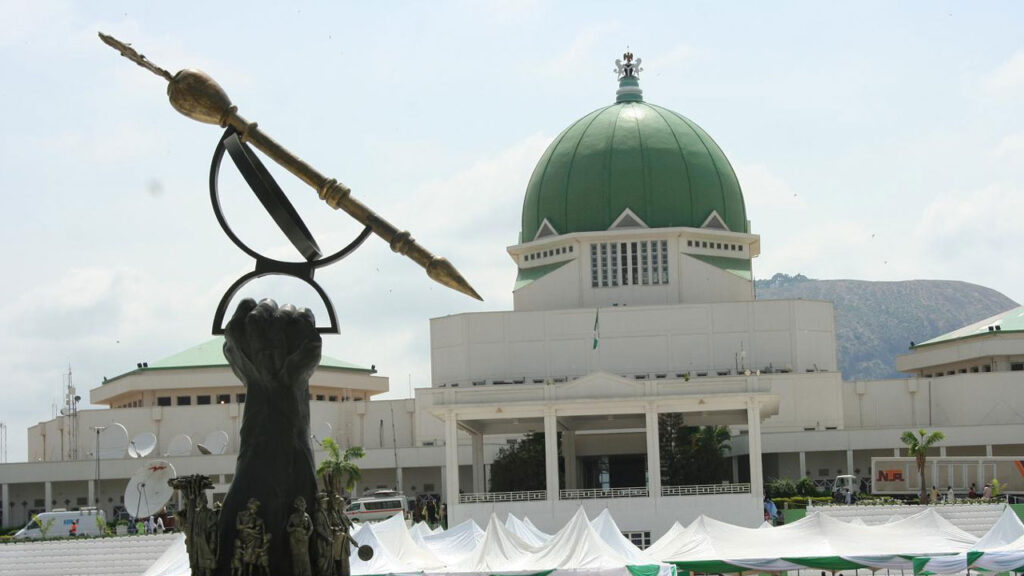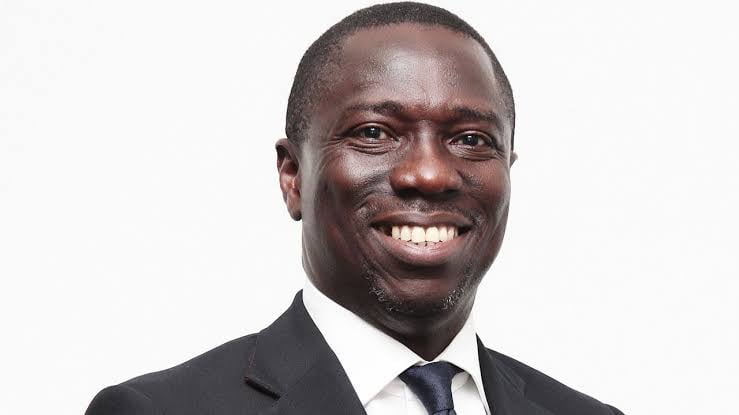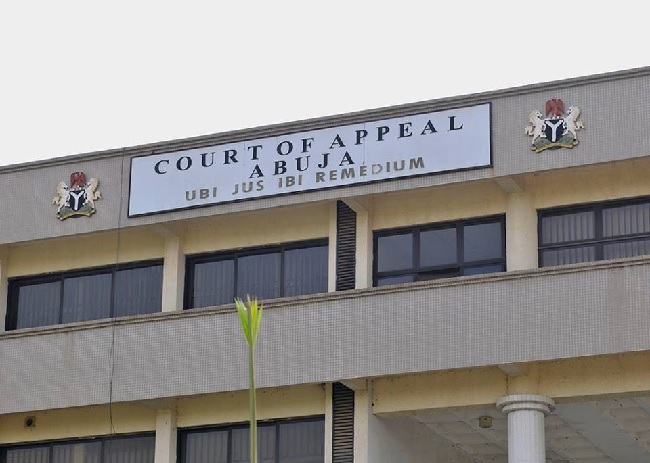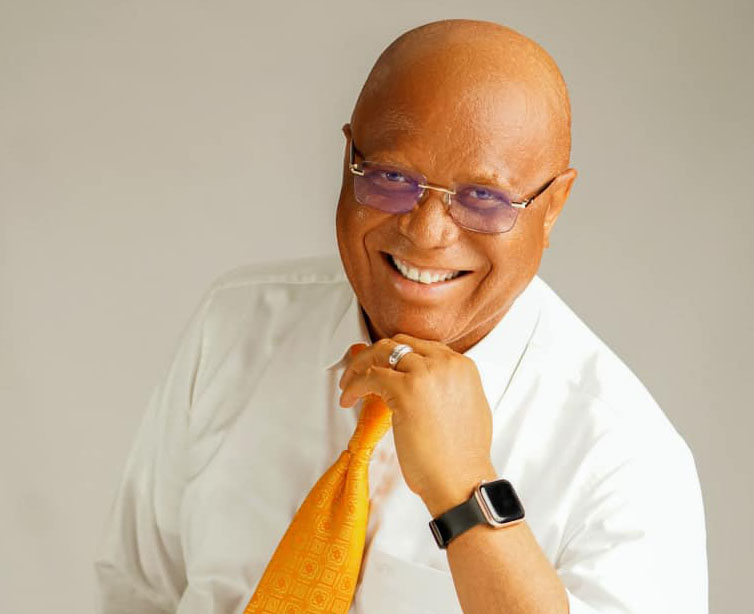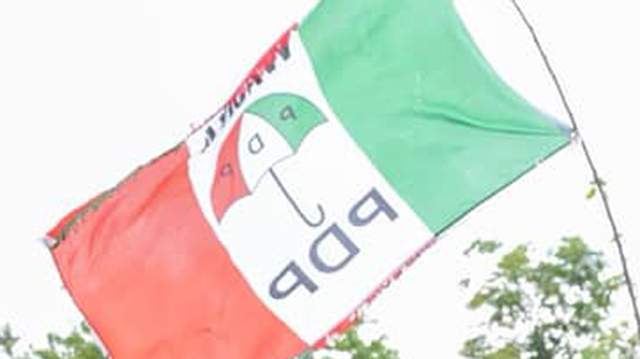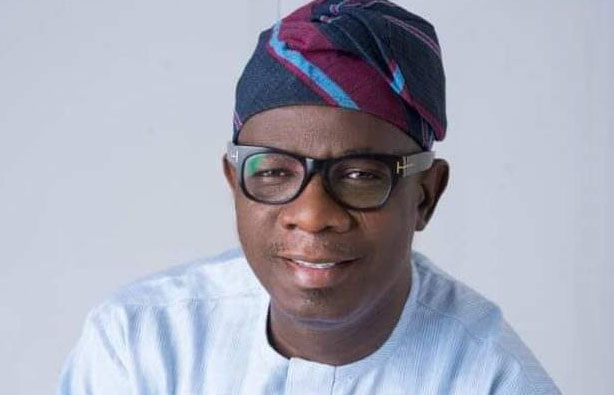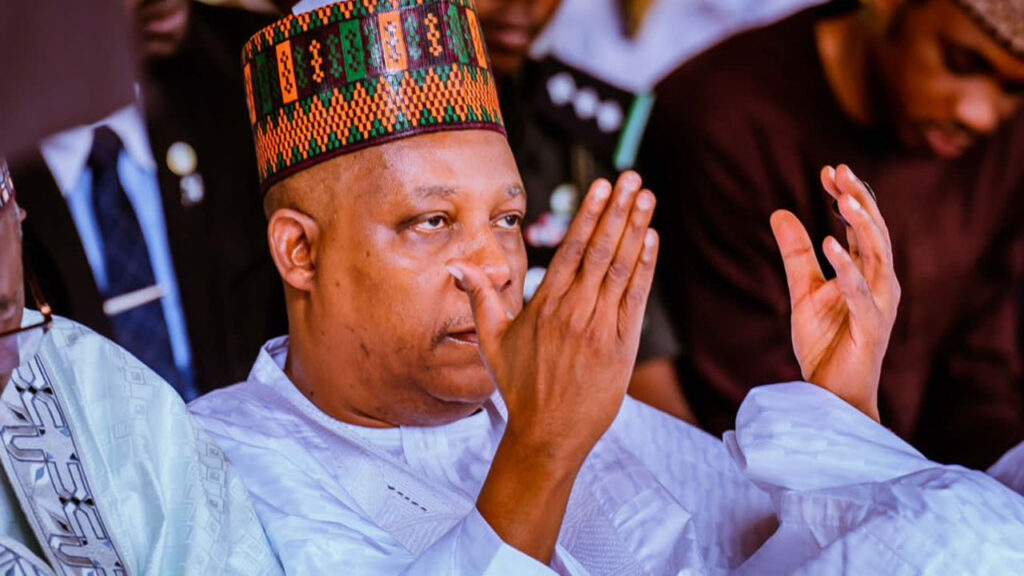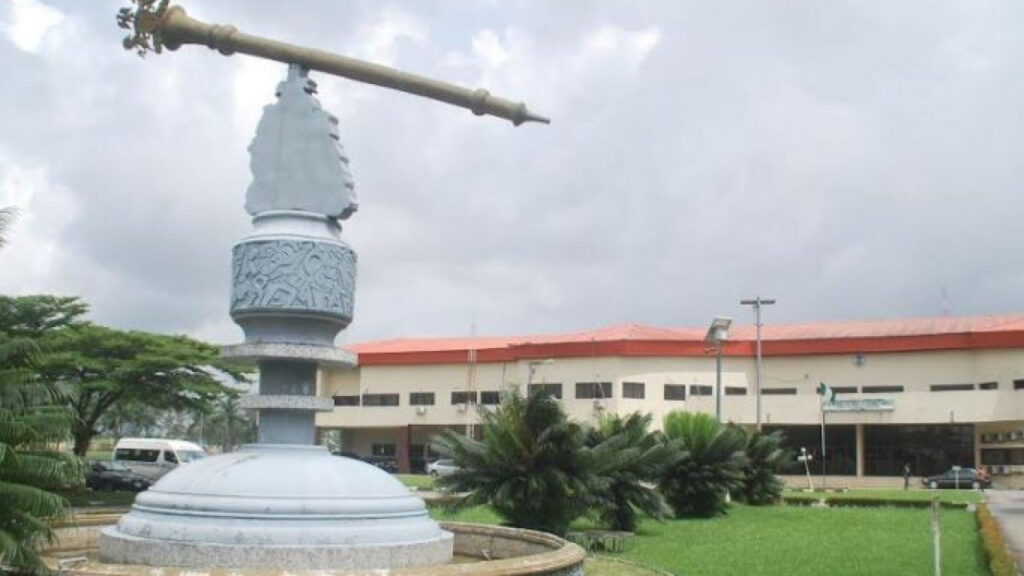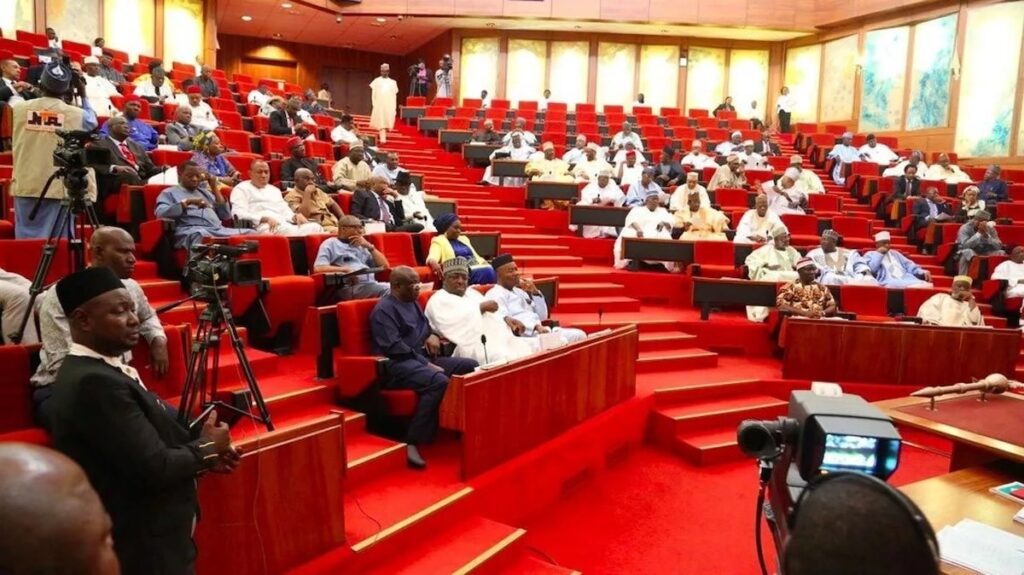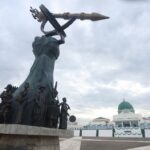The former Director General of the Progressive Governors Forum (PGF), Salihu Lukman, has hit out at the National Assembly over their alleged rubberstamp posture and inability to stand up for Nigerians at the receiving end of injurious policies.
In a piece titled: “Importance of Legislature to a Democracy,” made available to The Guardian on Tuesday, Lukman expressed concern over the absence of courageous voices of individual legislators in both the Senate and the House of Representatives to speak up against policies injurious to the citizenry.
He alleged that there is now a complete failure on the part of the two chambers of the National Assembly, and its members, to serve as a check on the president and members of the executive.
He argued that over the last 25 years, the leadership of both chambers of the National Assembly have been systematically downgraded to the status of appointees of the President, largely made possible by the fact that the party machinery or organs, which are supposed to serve as the platforms for negotiations have been weakened and also subordinated to the president.
Lukman pointed at what he termed “the impulsive” declaration of President Bola Tinubu to end petroleum subsidy without any clear plan, followed by the decision to float the naira exchange rate against other international currencies with hardly any plan as instances of such policies without the input of the National Assembly.
He claimed that the consequence of this reality is a rock-bottom crash of living conditions in the country as a result of unimaginable decimation of the value of incomes.
According to him, more than one year after, there doesn’t appear to be any logical response from the government and hardly any dedicated debate in any of the two chambers in the National Assembly around these issues affecting the well-being of Nigerians.
He said, “It is no secret that Nigerians are in shock and highly disappointed by the performances of the 10th National Assembly that so far hold the most expeditious record of passage of executive bills, including the scandalous reversal to an old National Anthem that hardly makes any sense without any public hearing.
“As it is now, thanks to the 10th National Assembly, President Tinubu’s government is operating three budgets concurrently – 2023, 2023 Supplementary and 2024 Budgets. There are speculations that a fourth – 2024 Supplementary Budget is on its way, which, if that happens, will be expressly passed and accordingly makes it the fourth concurrent budget running.
READ ALSO:Adamant labour begins strike as National Assembly truce meeting fails
“Punitive policy decisions of successive Nigerian governments, including the present one, are taking precedence over the life of citizens. ₦15 trillion is being expended on a coastal road from Lagos to Calabar, billions have been expended on a presidential yacht, vice president accommodation, purchase of luxury vehicles for elected and appointed government officials, including members of the National Assembly, a new Presidential aircraft is about to be procured, etc. The list is almost endless and keep growing and the cost is simply punitive.”
Reminiscing the Kenyan experience, he noted that the absence of organisational strategy, compounded by lack of inclusiveness have blocked opportunities for young people in Nigeria to effectively confront what he termed the forces of darkness in the country.
Painting the picture of how the National Assembly was systemically compromised under the Tinubu-led administration, he claimed: “To get this seemingly current pliant and willy-nilly leadership, President Asiwaju Tinubu courted members of the National Assembly in both chambers. Now, with all sorts of incentives to leaders and members of the two chambers, including 74% budgetary increase in the 2024 allocation, both the leadership and members of the 10th National Assembly are being manipulated to approve every proposal of the president.
“Note that the 74% increase in the Budget of the National Assembly raised the allocation to N344.85 billion from the initial proposal of N197.93 billion. The other additional incentive borders on some of the allegations surrounding activities of Committees of the two chambers during oversight supervision of governmental agencies. Committees are being alleged to reduce oversight functions to business of extorting money from agencies of government.
“Related to that is the fact that management of budgetary allocations by leaders of the National Assembly is shrouded in confidentiality. Even remunerations of members are similarly shrouded in confidentiality with many claims of rooftop salary payments. There are also allegations of budget padding, which is more like slush funds in the name of constituency projects controlled by members.
“Part of the challenge of our democracy is that the two chambers of the National Assembly are only accountable to themselves. The Public Accounts Committees in both chambers are expected to oversee management of funds allocated to the National Assembly.
“Somehow, these are issues that contribute to the current reality whereby the National Assembly, its leadership and members lose the moral authority to regulate the conduct of the Executive Arm of government. With that, they function practically at the mercy of the President and members of the Executive Arm, almost as if they are employees of the Executive.
“Using all these incentives, the President and members of the Executive arm seamlessly turned on the ‘gaslight’, which leaves members with no option but to believe and approve every proposal submitted even when they are injurious to public interests. Having served as the machinery that hurt the people, they become liabilities and therefore eventually get discarded.
“Noting that there are certainly many credible, experienced and very patriotic members in the two chambers of the National Assembly, the question must be asked about when can such members of the Nigerian National Assembly regain or recover their human and democratic souls and begin to show up and promote national debates on the floor of the Nigerian parliament capable of reawakening the confidence of Nigerians about our democracy?
READ ALSO:Shadow of presidential aircraft hangs over NASS emergency sitting today
” When are we going to have truly Nigerian patriots, who are selfless, visionary and forward-looking in the Nigerian parliament, whose moral standing is unquestionable and could serve as the political hard currency required to illuminate our democracy? When will Nigerian democracy grow such that members of the National Assembly will earn the respect of not just the Executive Arm but also citizens on account of which the current travesty of operating at the mercy of narcissistic reality, which both destroys leaders in the Executive and Legislative Arms is overcome and new era of accountability and transparency enthroned in the management of public resources?
“The point is, Nigerian democracy, as it is, is not functionally representing the interest of citizens largely because the parliament represented by the two chambers of the National Assembly – Senate and House of Representatives – have involuntarily submitted themselves to the narcissistic control of the President. Until and unless the parliament can free itself from the President, it will almost be impossible for it to develop the capacity of defending and protecting the interest of Nigerians.
“That will require a holistic approach of undertaking deeper reforms of Nigerian politics such that the survival of Nigerian politicians is not a function of the ‘benevolence’ of the President. This will necessarily require that political parties in Nigeria are transformed beyond the status of being shadow partners to the President. If that is to be achieved, the organs of political parties must not only be allowed to function, but their decisions must be binding on every leader and member of the party, including the President.”

